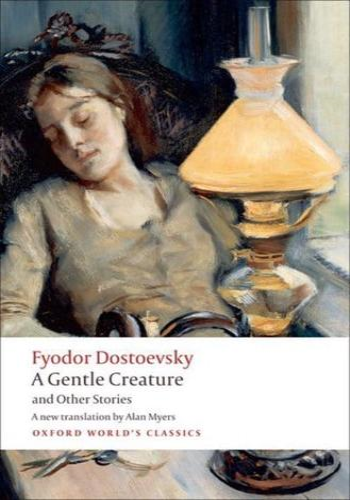In the stories in this volume Dostoevsky explores both the figure of the dreamer divorced from reality and also his own ambiguous attitude to utopianism, themes central to many of his great novels. In White Nights the apparent idyll of the dreamer's romantic fantasies disguises profound loneliness and estrangement from 'living life'. Despite his sentimental friendship with Nastenka, his final withdrawal into the world of the imagination anticipates the retreat into the 'underground' of many of Dostoevsky's later intellectual heroes. A Gentle Creature and The Dream of a Ridiculous Man show how such withdrawal from reality can end in spiritual desolation and moral indifference and how, in Dostoevsky's view, the tragedy of the alienated individual can be resolved only by the rediscovery of a sense of compassion and responsibility towards fellow human beings. This new translation captures the power and lyricism of Dostoevsky's writing, while the introduction examines the stories in relation to one another and to his novels. ABOUT THE SERIES: For over 100 years Oxford World's Classics has made available the widest range of literature from around the globe. Each affordable volume reflects Oxford's commitment to scholarship, providing the most accurate text plus a wealth of other valuable features, including expert introductions by leading authorities, helpful notes to clarify the text, up-to-date bibliographies for further study, and much more.







